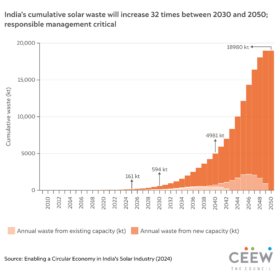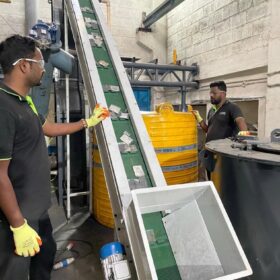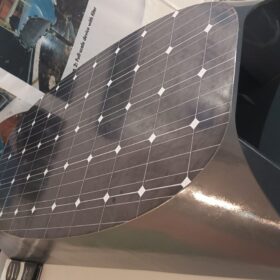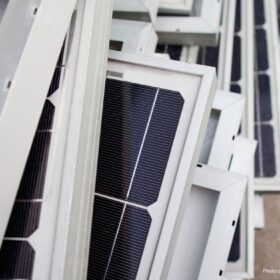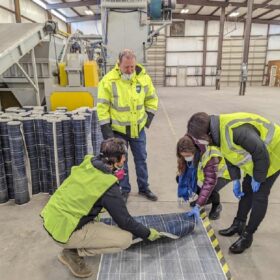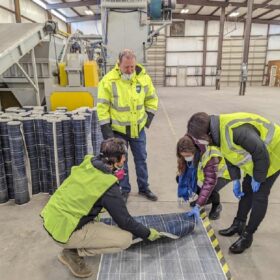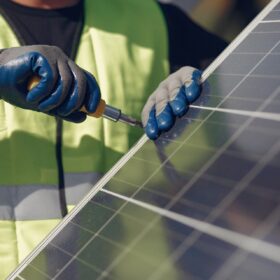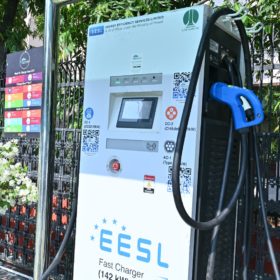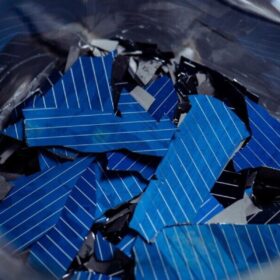India’s cumulative solar PV waste to reach 19,000 kilotonnes by 2050
India’s cumulative solar PV waste will increase to 600 kilotonnes (kt) by 2030 and 19,000 kt by 2050, according to a new report by CEEW.
Lithium battery recycling: Opportunities, challenges, and sustainable practices
India’s ascent in the Li-ion battery recycling industry can be a win-win for its clean energy ambitions and economic development. By addressing the existing challenges and embracing opportunities, India can be a beacon of light for the rest of the world.
IIT Kanpur-incubated startups showcase solutions ranging from dual-axis solar tracker to solar-powered UAV
The Startup Incubation and Innovation Centre (SIIC) at IIT Kanpur provides support and guidance to those looking to turn their ideas into successful and meaningful business models
Manufacturers responsible for PV module disposal, confirms EU
The European Council has adopted new amendments to clarify which entities should bear the costs of managing electronic waste, including PV modules.
Solarcycle invests $344 million in solar factory
Solarcycle has invested $344 million in a solar manufacturing facility in Polk County, Georgia. The factory has been designed to use recycled materials from retired solar panels to produce new solar glass, positioning Solarcycle as one of the first manufacturers of specialized glass for crystalline-silicon PV in the US market.
Qcells, Solarcycle aim to jointly recover 95% of solar panel value
Qcells and Solarcycle have established the first US solar recycling alliance.
5 ways to recycle Li-ion batteries
Recycling end-of-life lithium-ion batteries can help address the problem of material scarcity by reducing dependence on lithium mining by 25%, and cobalt by 35%. It would also ensure the local availability of recycled critical materials. Here’s a look at the different ways to recycle batteries.
Best practices for end-of-life PV management
SolarPower Europe says it expects some of the European Union’s solar fleet to reach end-of-life (EoL) status within the next decade. Its new report outlines sustainable methods for handling EoL solar panels.
Bharat Mobility Global Expo to showcase EV battery, recycling, and charging infra innovations
Electric vehicle (EV) battery manufacturing, battery safety, and recycling along with EV charging and battery swapping are the key areas of discussion at the Bharat Mobility Global expo, scheduled from Feb. 1 –3, 2024, in New Delhi.
Hyundai acquires stake in German PV recyling specialist Flaxres
Flaxres says it will leverage Hyundai’s capabilities to expand its business outside of Germany. The company has developed a solar module recycling technology that is based on short-term high-temperature heating using flash lamps.
